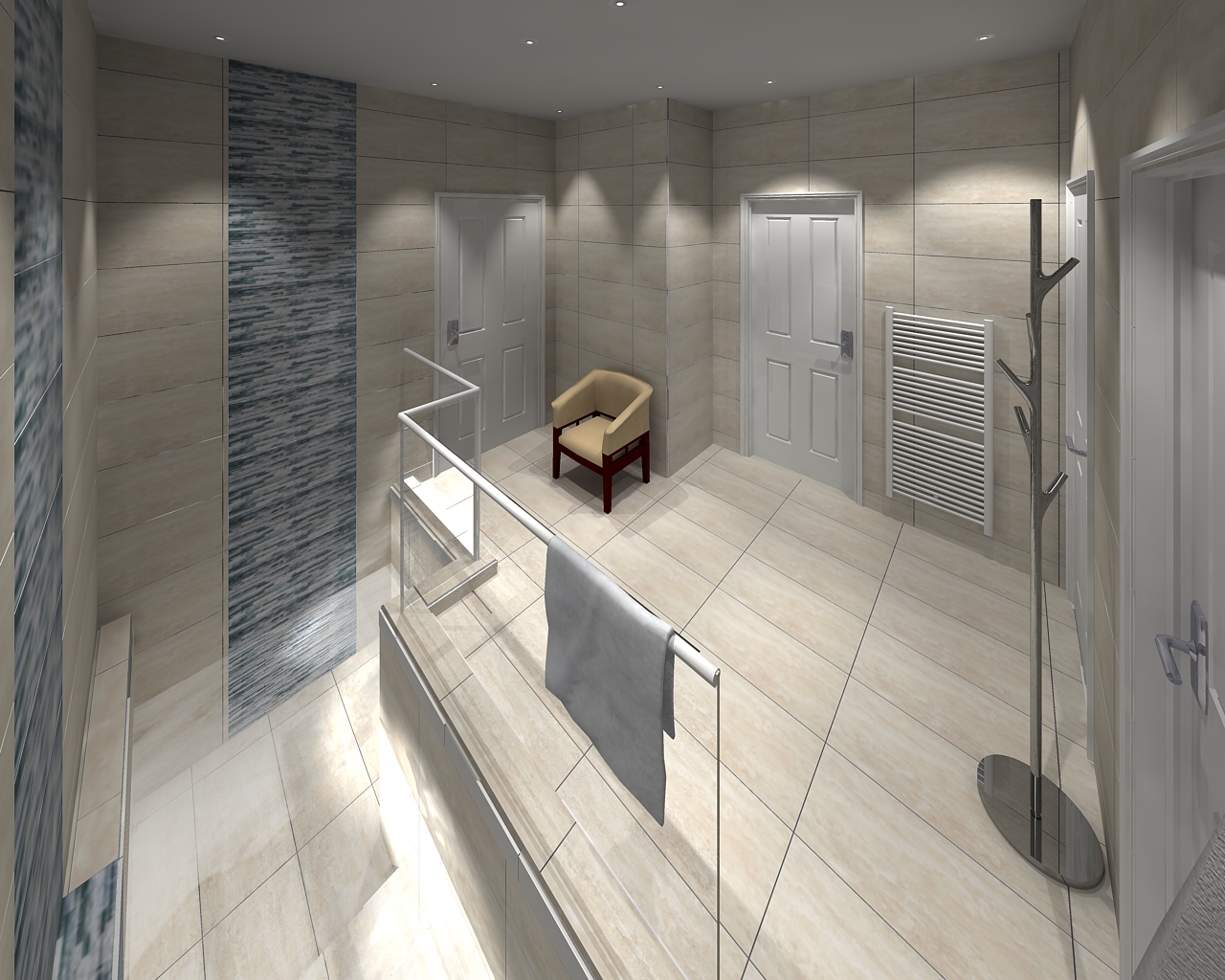
Mikvah Refurbishment
The Whitefield Mikvah has seen facilities brought completely up to date, creating a spiritual and appropriate environment.
You can still help.
Find out more & how you can help with your donation
For Whitefield is privileged to have both a Women’s Mikvah and Keilim Mikvah.
Following the laws of Family Purity has always been central to Jewish family life, and the building of a Mikvah essential for a Jewish community.
We are fortunate in the Whitefield community to have a Mikvah with excellent bathroom facilities.
Access: The Mikvah has its own external entrance on the right of the shool building.
Appointments: Our Mikvah attendants can be contacted directly by calling 07901 914208 or 07908 421 517.
They will be very happy to guide any ladies and brides through this mitzvah.
Health & Safety: The Mikvah complies with modern health & safety requirements.
Keilim Mikvah:
Before most types of dishes, pots and other utensils are used, the Torah requires them to be toiveled, ritually immersed in a Keilim mikvah. This law applies to all metal and glass, or partial metal, or partial glass, including pots, silverware, china, Pyrex, etc. Actually, most vessels that come into contact with food require toiveling. Use of this Mikvah is a simple and accessible process. Simply visit the Shool office and you will be instructed in its use.
Traditions vary:
In the Ashkenazi tradition use of the Mikvah is discreet. Some people will prefer to visit it after dark. In the Sephardi community the use of the Mikvah by a bride to be is a joyous occasion, and she may be accompanied by a party of her friends. Please feel free to use the Mikvah according to your preferred tradition.
Thoughts on a Woman’s use of the Mikvah:
When a man and a woman marry, they enter into a holly union, and the concept of ‘Family Purity’ – Tahara HaMishpacha, is part of this.
Once a woman begins to menstruate she physically separates from her husband, usually sleeping in a separate bed. For a minimum of five days of menstruating, followed by seven ‘clean’ days, a couple remain separate, anticipating the night of the seventh day, when the wife immerses herself in the Mikvah.
The Mikvah itself is a small pool, filled with a mixture of water and rain water. Adjoining it are bathrooms for preparation. It is essential for a woman to be perfectly clean before immersion, and she follows a prescribed list of ablutions.
A woman enters the water and submerges three times, saying a prayer between the first and second immersions. A mikvah attendant will be with her to help her perform this very special mitzvah.
It is important to understand that the mitzvah of immersing in a Mikvah is not about cleanliness, nor is a woman deemed to be ‘impure’ in any way. Separating during menstruation places a different emphasis on marital life, encouraging a bond of friendship and spirituality between couples. Coming together after immersion renews and sustains married life. ‘Family Purity’ is the bedrock of a Jewish marriage.
Traditions for a Man’s use of the Mikvah:
Whitefield’s mikvah is not used by men, and the use of a Mikvah by a man is in general not so common.
However it may be used by some men on their wedding day. It can also be used by any men in preparation for Yom Kippur.
Chassidic men will use it in preparation for Shabbat and Festivals.

